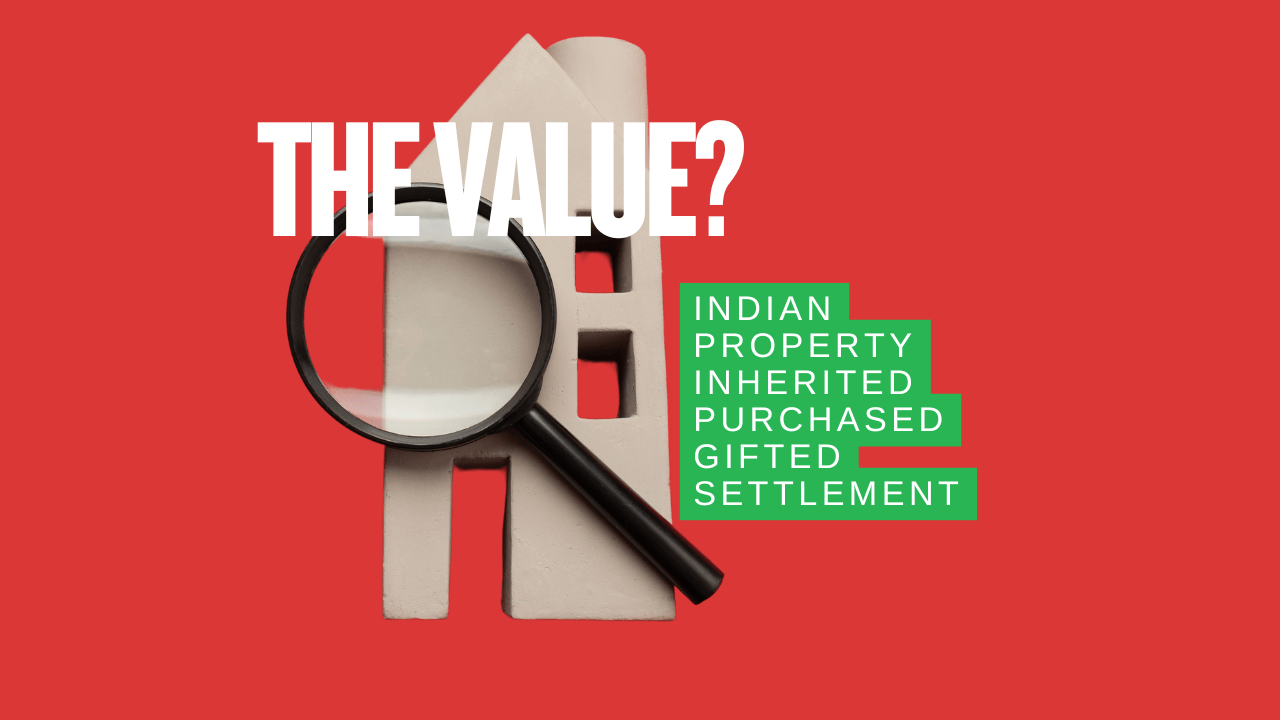Selling Indian property through Power of Attorney is a process that everyone who owns or will own a property in India may need to go through. This process can be complex and time-consuming, but it can also help you sell your home quickly and easily.
Without sufficient guidance and support, selling an Indian property through a Power of Attorney from abroad can get convoluted. We recommend one of our earlier posts to understand what is involved in an NRI Power of Attorney. You and your attorney must deal with several authorities to complete the sale process correctly.
This post will provide some helpful information on how you can sell your Indian property from abroad through a Power of Attorney.
Selling Indian property through a POA
For most people, the process will begin by identifying a capable and trustworthy person who may act on their behalf to complete the entire process. Once the attorney has been identified, you must execute a valid power of attorney from abroad in favour of the appointed attorney. The attorney can then begin the sales process. On its own, the sales process will involve handling necessary documentation, dealing with buyers, undertaking multiple legal formalities with various authorities to carry out the transaction, and concluding the process under the law.
A sale deed must be completed to transfer property titles, after which the buyer must pay stamp duty and registration fees. On top of that, the seller will have to pay capital gains tax on the transaction.

POA Format for Selling Indian Property
Concerning a POA for selling property in India, the document should specify all acts associated with selling the said property. These powers must be drafted in acceptable language, for example, the power – to agree to sell the property, to register the sale deed with the appropriate land authorities, to accept the sale consideration amount in whatever manner or form, and so on.
In addition to the description and scope of powers being assigned, the NRI POA should also include the following basic information:
- The date and location of where the POA document is executed
- Particulars of the principal or grantor (person making the POA), such as full name, address and nationality
- Particulars of the attorney or agent (person acting on behalf of the grantor)
- A reasonable explanation of why the POA is being created
- If the POA is to expire after a particular date or is to be invalid after a specific act is completed, then the date or act should be specified accordingly. However, a termination clause is not mandatory.
The information specified in the POA document will depend on your circumstances; it is advisable to seek professional help to draft your POA document.
Different Power of Attorneys to Sell Indian Property
Essentially, one of two approaches must be taken while deciding on the process of selling your Indian property through a power of attorney, the GPA or SPA route, as explained below:
General Power of Attorney
The first approach will be a General Power of Attorney (GPA), whereby broad powers of sale are drafted in the document. The GPA scope is more expansive, allowing the attorney to take decisions on behalf of the principal in the principal’s best interest.
For example, if the principal owns several properties and is in no hurry to sell a particular property but wishes to delegate powers to manage and/or sell said properties as deemed fit.
A GPA usually would not have a termination clause and must be revoked properly.
Special Power of Attorney
In contrast, the second approach will be a Special Power of Attorney (SPA), with this approach, the language of the POA will be far more restrictive and precise to a particular purpose. A SPA may be specific to a certain transaction and may cease on the completion of the transaction.
For example, a husband and wife jointly own an apartment they no longer use and have decided to dispose of their property and put the funds to better use. In this situation, the couple can make a SPA to sell their specific property and complete all related sale formalities for that one property. The attorney will be unable to act outside the scope of the document, and the POA can be drafted to become invalid following the sale of that particular property.
Need Assistance?
For expert advice and assistance regarding any aspect of your Indian Power of Attorney, contact our professional and friendly team at 02087575751 or complete our contact form.
Frequently asked questions
A power of attorney is not an instrument of transfer regarding any right, title or interest in an immovable property. Accordingly, in 2011 the Indian Supreme Court ordered municipal bodies not to mutate or register properties based on such documents. The Supreme Court, on the other hand, reinstated the legality of valid transactions carried out through GPA. The court held that ‘Nothing prevents affected parties from getting registered deeds of conveyance to complete their title.
You will have to make a power of attorney in favor of a trusted individual who can do the sale on your behalf. To execute a valid POA, the document must be notarized by a local Notary Public, legalized by the relevant Indian Embassy/Consulate, and then registered in India with the local land registration authorities.
Following the death of the grantor, the POA becomes invalid.
In the absence of a proper sale deed, selling property is illegal. Selling properties where the owner has only the right of possession and no right of ownership through POA is also illegal. Proper transfer of title and ownership cannot take place if the sale is done through a POA and not using a sale deed.






